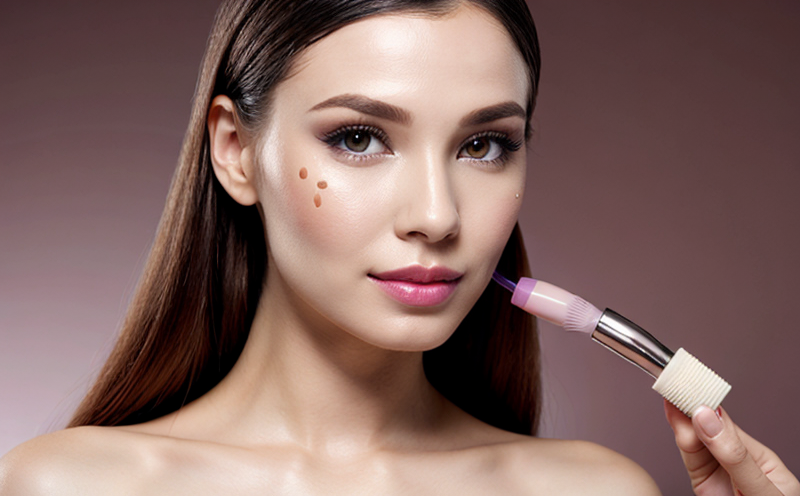In Vitro Bioavailability Testing of Cosmetic Ingredients
Understanding and ensuring the safety and efficacy of cosmetic ingredients is a critical aspect of modern product development. In vitro bioavailability testing offers a robust alternative to traditional animal-based methods, providing reliable data on how much of an ingredient can be absorbed by the body after topical application or ingestion.
The in vitro approach uses human cell lines or tissues that mimic the human skin barrier and mucosa, allowing for the assessment of chemical penetration through these models. This testing method is not only ethically sound but also cost-effective and time-efficient, making it a preferred choice for regulatory submissions and internal research.
Our in vitro bioavailability tests are conducted according to international standards such as ISO 10993-43:2018. These tests help determine the amount of active ingredients that can penetrate into the skin or mucous membranes, which is crucial for understanding potential systemic effects and guiding formulation adjustments.
The process involves several key steps. First, we prepare the test samples according to strict protocols that ensure accurate representation of real-world conditions. Next, the prepared samples are exposed to a controlled environment designed to simulate skin or mucosa exposure. Over time, our highly trained technicians monitor and record the passage of ingredients through the tissue model using advanced spectroscopy techniques.
The results from these tests provide detailed insights into the bioavailability profile of cosmetic ingredients under various conditions. This information is invaluable for product developers looking to enhance safety profiles while maintaining efficacy. By leveraging this data, we can help our clients make informed decisions about ingredient selection and formulation adjustments that align with regulatory requirements.
Our expertise in this area ensures compliance with global standards such as EU Cosmetics Regulation 1223/2009 and the FDA’s Good Laboratory Practices (GLP). We also stay current with emerging research trends, ensuring our methodologies remain at the forefront of scientific advancement. This commitment to innovation allows us to offer services that meet both current regulatory needs and future demands in cosmetic safety testing.
For customers seeking to enhance their product development process, we provide comprehensive support from initial consultation through final report generation. Our team works closely with each client to understand specific project requirements, ensuring all tests are tailored to achieve the desired outcomes efficiently.
Scope and Methodology
- Sample Preparation: Samples are prepared according to ISO standards for accurate representation of real-world conditions.
- Exposure Conditions: Controlled environments simulate skin or mucosa exposure accurately.
- Data Collection: Advanced spectroscopy techniques monitor and record ingredient passage through tissue models over time.
In vitro bioavailability testing encompasses a wide range of cosmetic ingredients, including but not limited to preservatives, fragrances, pigments, sunscreens, and emulsifiers. The scope extends beyond mere absorption rates; it also evaluates the potential for adverse reactions and systemic effects, which are crucial considerations in modern cosmetic safety assessment.
The methodology employed ensures that our tests align with international standards such as ISO 10993-43:2018 and EU Cosmetics Regulation 1223/2009. By adhering strictly to these guidelines, we guarantee the validity and reliability of our test results. Our approach is designed not only to meet current regulatory requirements but also to anticipate future changes in legislation.
Our laboratory facilities are equipped with state-of-the-art instrumentation necessary for conducting accurate and reproducible tests. This includes advanced spectroscopy systems capable of detecting minute quantities of ingredients, ensuring precise measurements throughout the testing process. Additionally, we employ highly trained technicians who have extensive experience in handling sensitive biological materials, further enhancing the accuracy and reliability of our results.





